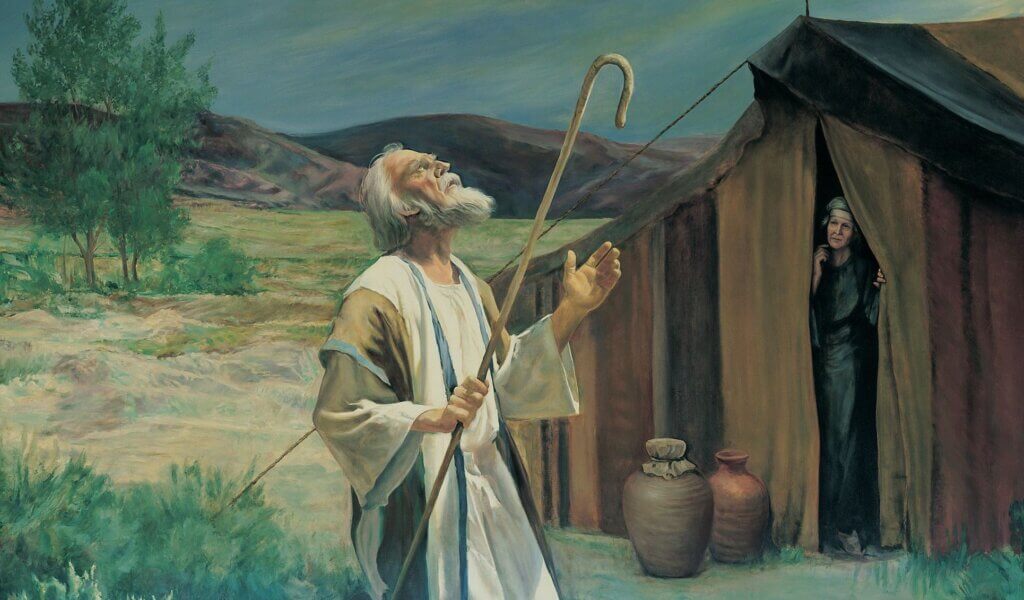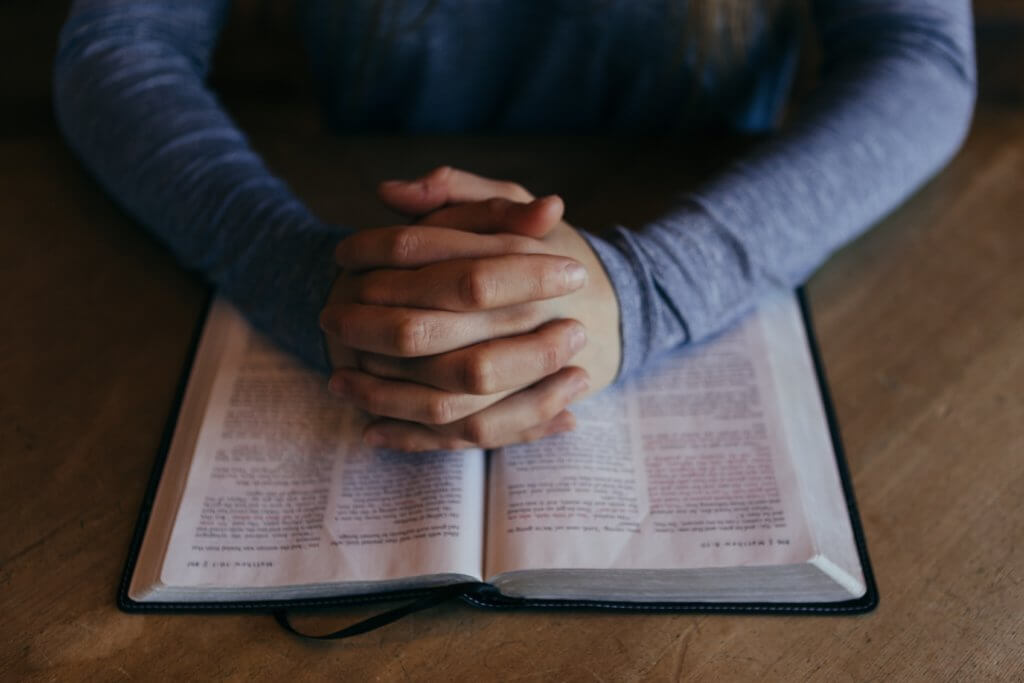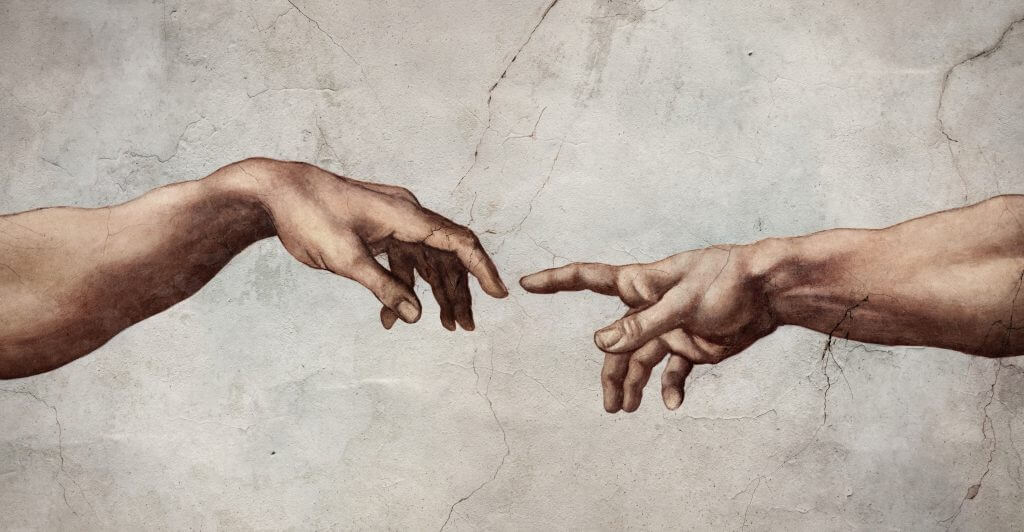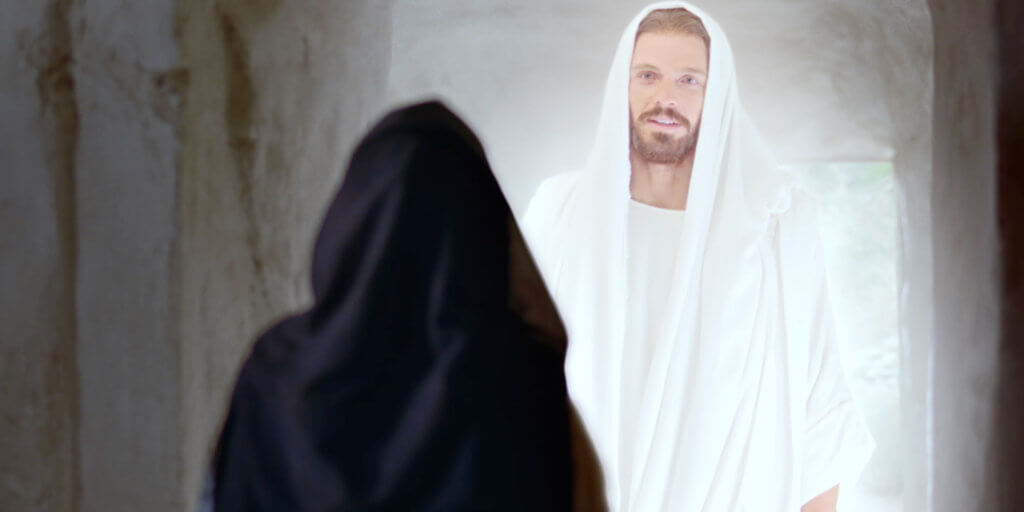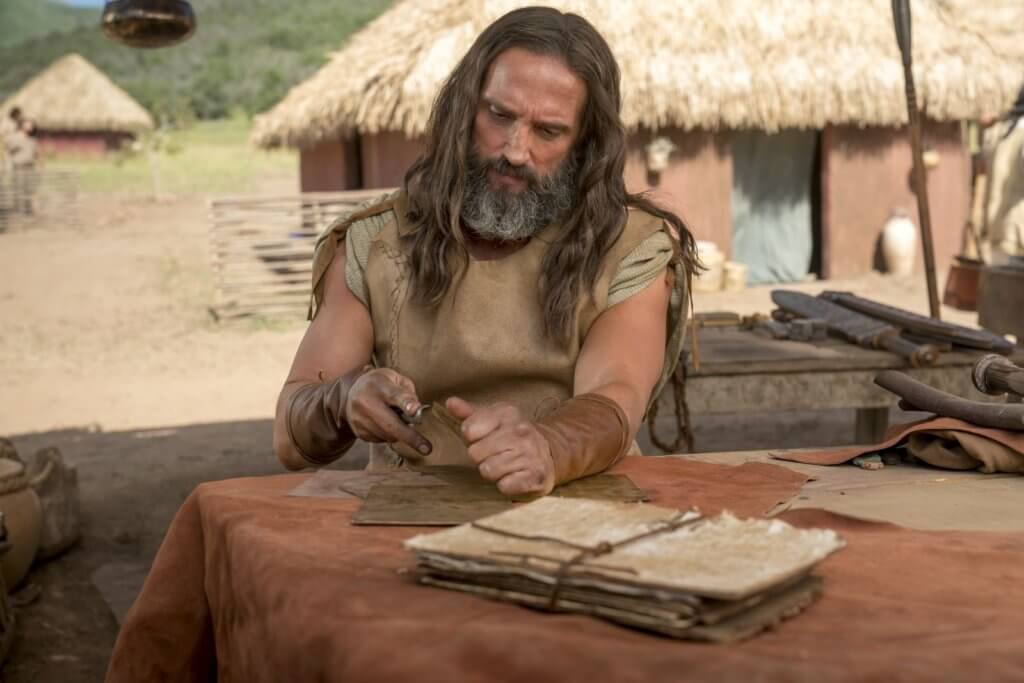Personifications in Metaphor
Isaiah characterizes Jehovah as a personification of “salvation”—as the epitome of a Savior of his people. His servant’s “work” of preparing a people to meet their God (Isaiah 40:10–11; 42:3) precedes Jehovah’s coming: “Tell the Daughter of Zion, ‘See, your Salvation comes, his reward with him, his work preceding him’” (Isaiah 62:11; emphasis added). As […]
Personifications in Metaphor Read More »





